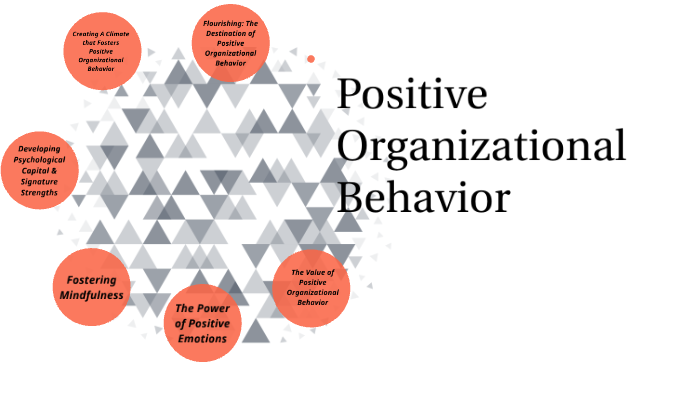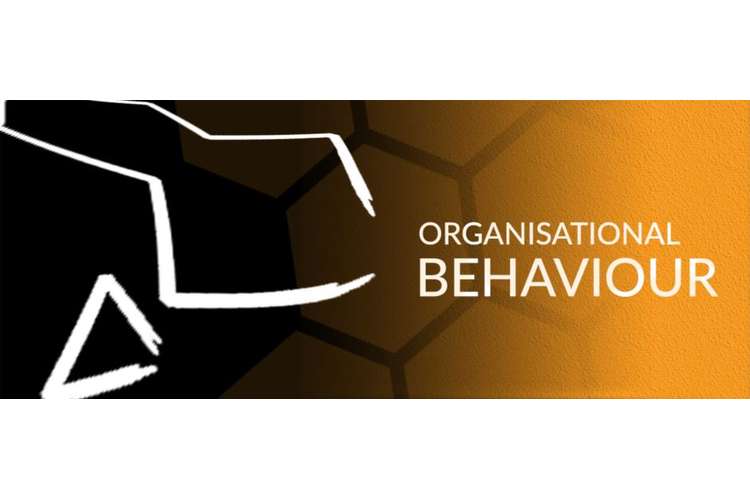Organizational Culture, Explain is as difficult as it is to hear.....
Let's talk about the definition first..

Organizational culture refers to the way things are done in an organization. the shared belief that 'this is our way to do thing' that others do not have, often also translate as 'this is the right way to do things', because though different social groups might encounter the name kinds of basic problems, due to their circumstances, they find solutions that are effective in their specific context. Thus, what solution helps that group survive, grow, secure resources, compete effectively, is considered valuable enough to be passed on the new member of the group.
And According to the Feldman (1988) defined organizational culture as a set of meanings created with in the organization but influenced by broader social and historical processes. Organizational members use these meanings like; norms, roles, plans, ideal and ideas - to make sense out of the flow of actions and events they experience.
Now let's talk about the culture in an organization

Organizational culture from various perspectives might agree on the following characteristics of organizational or corporate culture.
- It is historically determined on the basis of transactions between people, given a context, in the sense that no culture can be planted in one day.
- It is related to anthropological concepts, in the sense that culture in an organization is not free from the influence of the national culture. In fact, national culture is believed to have a more powerful impact on behavior than the organizational culture.
- It is social constructed, in the sense that culture cannot be a product of a single person's efforts or perceptions.
- It's soft and it's difficult to change
A common approach to understanding the culture of an organization has been to identify artifacts of a culture, such as the unique symbols like; heroes, rites and rituals, myths, ceremonies and sagas of an organization, and then to explore, to a greater or lesser extent, the deeper meanings of these artifacts.







